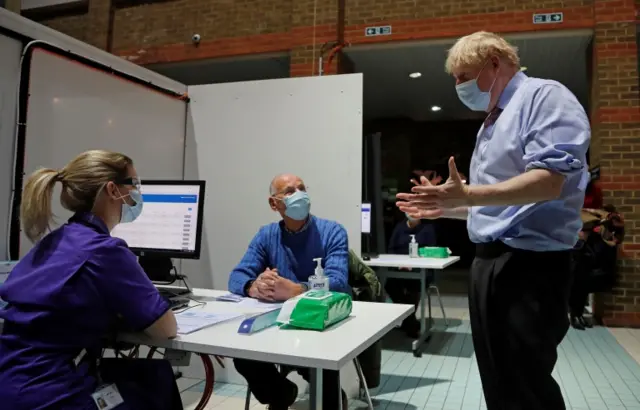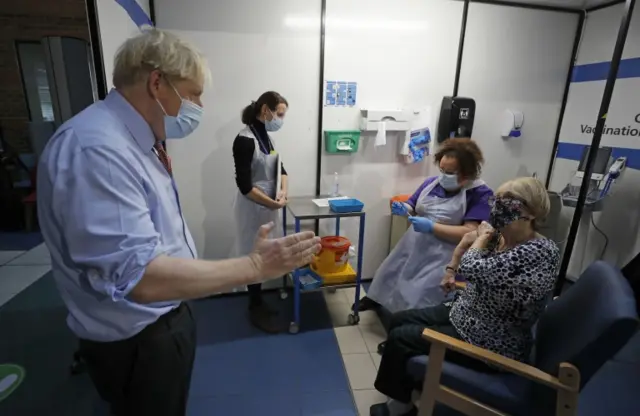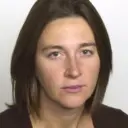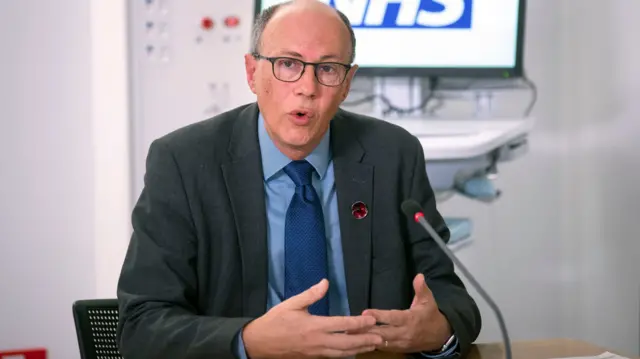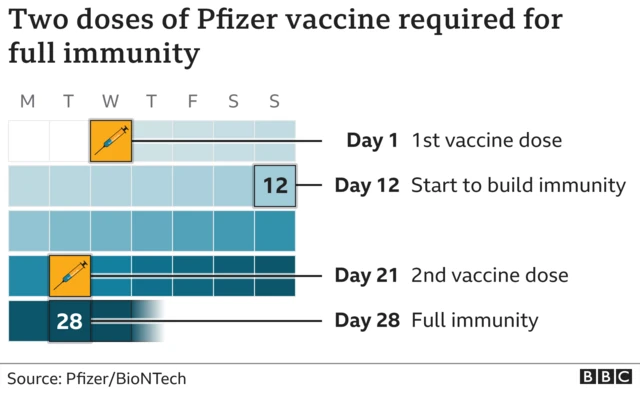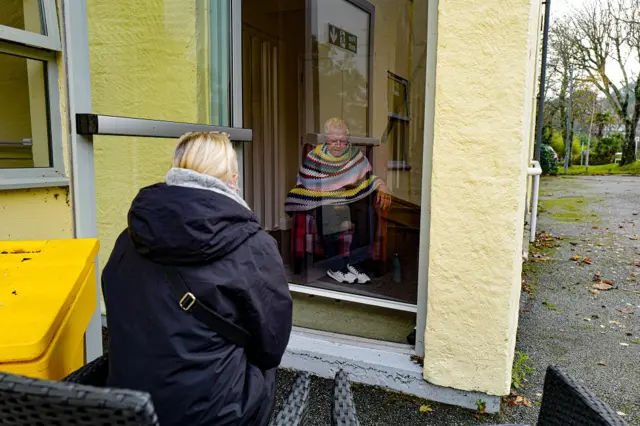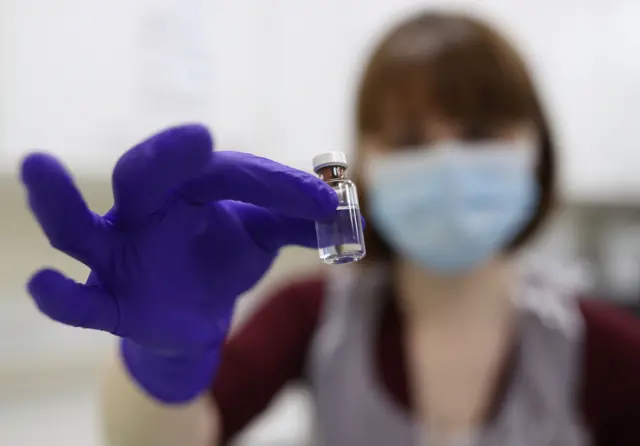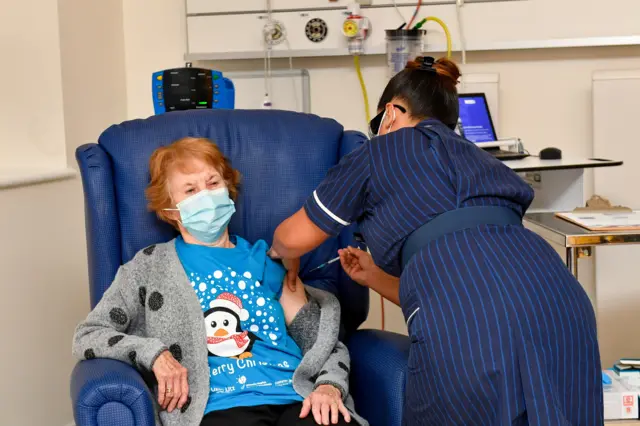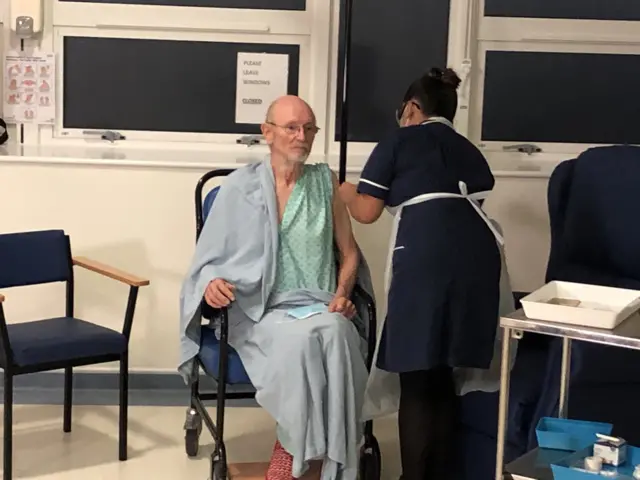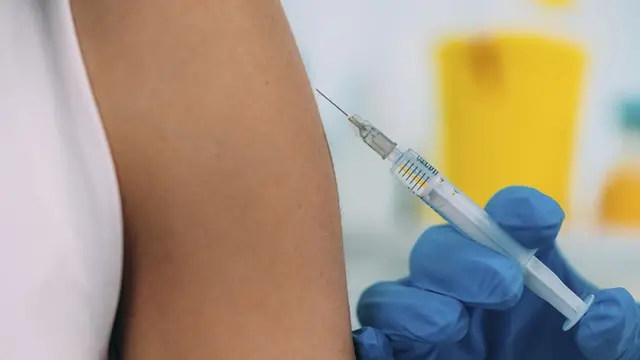Labour leader: 'Momentous day'published at 09:55 GMT 8 December 2020
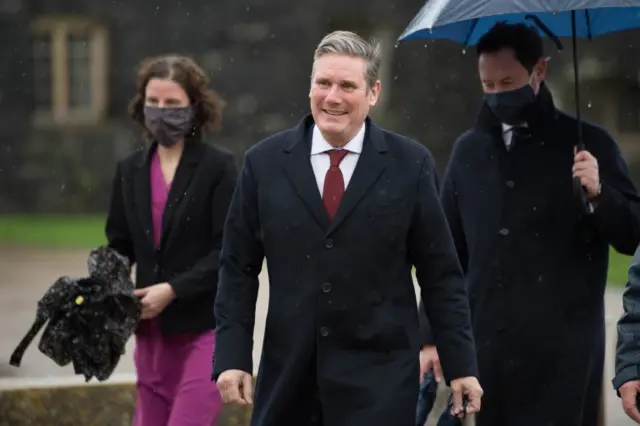 Image source, PA Media
Image source, PA MediaLabour leader Sir Keir Starmer has described the start of the UK's vaccination programme as a "momentous day in our fight against Covid-19".
He tweeted:, external "There is light at the end of the tunnel. It is crucial we all continue to stay safe by following public health advice. "
